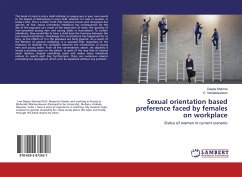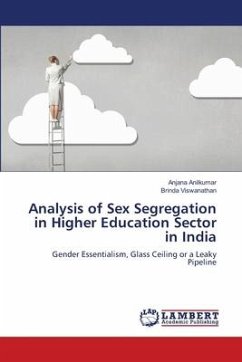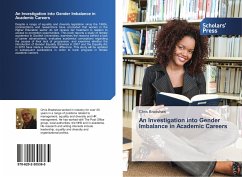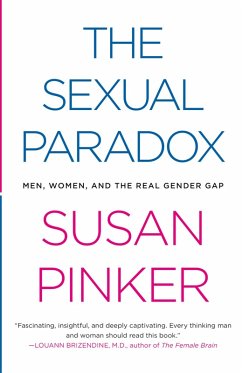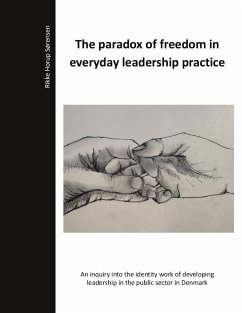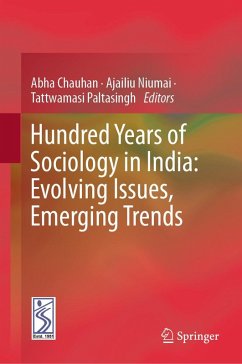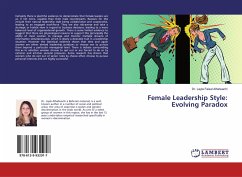
Female Leadership Style: Evolving Paradox
Versandkostenfrei!
Versandfertig in 6-10 Tagen
27,99 €
inkl. MwSt.

PAYBACK Punkte
14 °P sammeln!
Certainly there is plentiful evidence to demonstrate that female leaders are as, if not more, capable than their male counterparts. Reasons for this include their natural leadership style being collaborative and cooperative, leading to an engaged workforce. They are also risk-averse and take a strategic or holistic view in regard to business decisions, leading to a more balanced level of organisational growth. There is some limited evidence to suggest that there are physiological reasons to support this (principally the ability of most women to manage and monitor multiple streams of informatio...
Certainly there is plentiful evidence to demonstrate that female leaders are as, if not more, capable than their male counterparts. Reasons for this include their natural leadership style being collaborative and cooperative, leading to an engaged workforce. They are also risk-averse and take a strategic or holistic view in regard to business decisions, leading to a more balanced level of organisational growth. There is some limited evidence to suggest that there are physiological reasons to support this (principally the ability of most women to manage and monitor multiple streams of information simultaneously), which is clearly a desirable trait in a leadership situation. However the statistical evidence shows that time and again women are either denied leadership positions or choose not to pursue them beyond a particular managerial level. There is debate surrounding this as to whether women choose to opt out or are forced to do so by extrinsic and intrinsic societal pressures. Some research has shown that women who do opt out of senior roles by choice often choose to pursue personal interests and are highly successful.




